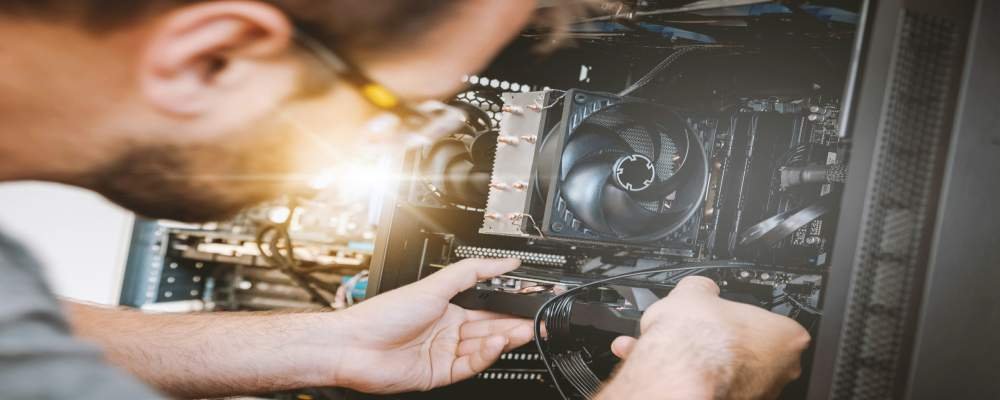Key Takeaways
- Google Cloud is now officially supplying computing power to OpenAI, the maker of ChatGPT.
- Google CEO Sundar Pichai says he’s “very excited” about the new partnership.
- The deal boosts Google Cloud revenue — but also raises tension, as OpenAI threatens Google Search.
- OpenAI joins other big AI labs like Anthropic, World Labs, and Safe Superintelligence in using Google Cloud.
- Google’s own AI tools like Gemini and AI Overviews continue growing — but monetization remains uncertain.
Google Teams Up with Rival OpenAI on Cloud Computing

Google has entered a new partnership with OpenAI, one of its biggest competitors in the AI space. The deal allows OpenAI to use Google Cloud’s infrastructure to train and run its AI models.
During Google’s Q2 2025 earnings call, CEO Sundar Pichai confirmed the partnership and said he was “very excited” about it.
“Google Cloud is an open platform,” Pichai said. “We’ve always supported great startups and AI labs. This is no different.”
The partnership highlights Google Cloud’s role as a neutral cloud provider — even for companies that compete directly with Google’s own products.
Why Google Is Doing This — Even If It’s Risky
This partnership might seem odd at first. After all, OpenAI’s ChatGPT is one of the biggest threats to Google Search, which still drives most of Google’s revenue.
So why would Google help?
Here’s why the deal still makes sense for Google:
- Cloud revenue is booming. In Q2 2025, Google Cloud brought in $13.6 billion, up from $10.3 billion last year.
- AI startups need massive computing power, and Google has the GPUs and TPUs to supply it.
- The more AI labs use Google Cloud, the more Google earns — even if they compete elsewhere.
Still, the relationship is delicate. OpenAI could use Google’s infrastructure to build products that take traffic and ad dollars away from Google Search.
OpenAI’s Cloud Needs Go Beyond Microsoft
Until now, OpenAI mostly relied on Microsoft Azure for its cloud needs. But GPU shortages have made it harder for OpenAI to scale. That’s pushed the company to look elsewhere — including to rivals like Google and Oracle.
In early July, OpenAI quietly listed Google Cloud as a vendor, alongside Microsoft and Oracle. A report by Reuters in June hinted this move was coming.
Now it’s official: Google is one of OpenAI’s cloud providers.
Google’s Own AI Tools Keep Growing
Even as it powers OpenAI, Google is making progress with its own AI products.
Here’s what Google shared during its earnings call:
- Gemini, its flagship chatbot, now has 450 million monthly active users.
- AI Overviews, Google’s AI-powered search summaries, are being shown to over 2 billion users per month.
However, while these numbers are impressive, it’s still unclear how much revenue these tools are bringing in — or how they’re affecting Google Search’s dominance.
Google Cloud Becomes a Top AI Provider
Google Cloud has quickly become a go-to provider for the world’s top AI labs.
In addition to OpenAI, Google Cloud now serves:
- Anthropic, the maker of Claude
- World Labs, founded by AI pioneer Fei-Fei Li
- Safe Superintelligence, the new company by former OpenAI co-founder Ilya Sutskever
Pichai credits this success to Google’s large inventory of Nvidia GPUs and its custom TPU chips, both essential for training and running large AI models.
Is History Repeating Itself?
Some analysts have compared this moment to the early 2000s, when Google was a small company helping Yahoo with its search engine — only to later overtake Yahoo as the dominant player on the web.
Could OpenAI repeat that pattern? It’s too early to tell. But the situation has echoes of tech rivalries past, and it highlights the risks of helping a competitor — even in the name of growth.
“It’s hard to believe Pichai is truly excited about working with a company that threatens Google Search,” one analyst noted.
Summary: What This Means for the Future

- Google and OpenAI are now officially cloud partners.
- Google Cloud gets a big revenue boost — but the deal comes with competitive risks.
- OpenAI is diversifying beyond Microsoft, thanks to GPU shortages.
- Google’s own AI tools like Gemini are growing fast, though business impact is unclear
- This move highlights how AI rivalry and cooperation can go hand-in-hand in today’s tech world.
Final Thoughts
Google is betting big on being the backbone of the AI industry, even if it means working with its fiercest rivals. The OpenAI deal proves that infrastructure may be more important than ideology — at least for now.
But as AI continues to reshape the internet, Google may find itself powering the very tools that challenge its core business.
This partnership is a high-stakes game — and we’re just seeing the beginning.
